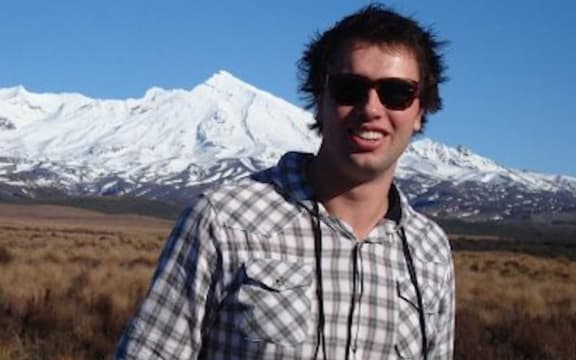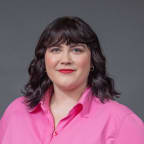A chief medical officer has told an inquest into a young man's sudden death that medical staff in the hospital had the experience to assist the dying patient.

Photo: 123rf
In 2009, medical student Zachary Gravatt, 22, died at Auckland Hospital from meningococcal disease.
A second inquest was opened last week after the family received an anonymous letter that alleged the on-call doctor delayed getting to his bedside.
In 2011, a coroner found Mr Gravatt was not treated on time and Auckland District Health Board (ADHB) paid the family compensation.
In her evidence today, the ADHB chief medical officer Dr Margaret Wilsher said she agreed back in 2010 that there were failures, and that view had not changed.
"There were systems failings that meant that the medical registrar was unable to see Zachary within the prescribed and recommended timeframe.
"Thus, there was a delay in his assessment and his recognition that Zachary was unwell and that he might have infection other than influenza."
The inquest has been looking at new material - including an allegation in the anonymous letter that the on-call doctor delayed his trip to the hospital so he could finish his dessert.
The on-call doctor, who has name suppression, has rejected those claims.

Zachary Gravatt Photo: Supplied
But Dr Wilsher said if a patient's condition was deteriorating and on-call staff were not available, there were other members of staff who could attend to them.
"There are other senior registrars in the hospital, there is usually an anaesthetist in the hospital until around 10 o'clock at night, and there is always an emergency room consultant or fellow, so there are other senior staff in the hospital to assist."
Dr Wilsher told the inquest employment agreements said doctors should attend within 20 minutes of a call, but the guidelines were not strictly adhered to.
"It has been loosely interpreted as a guideline for availability but it must be remembered that it wasn't designed as such, it was designed to calculate remuneration.
"At the end of the day, it is the clinician's judgement. Is this serious enough that I need to come in now or can I give advice and come in in a timely way."
Dr Wilsher said there was no set time for on-call staff to respond to emergencies.
The six-day inquest closed today and now it is up to the Coroner Morag McDowell to make her decision.



